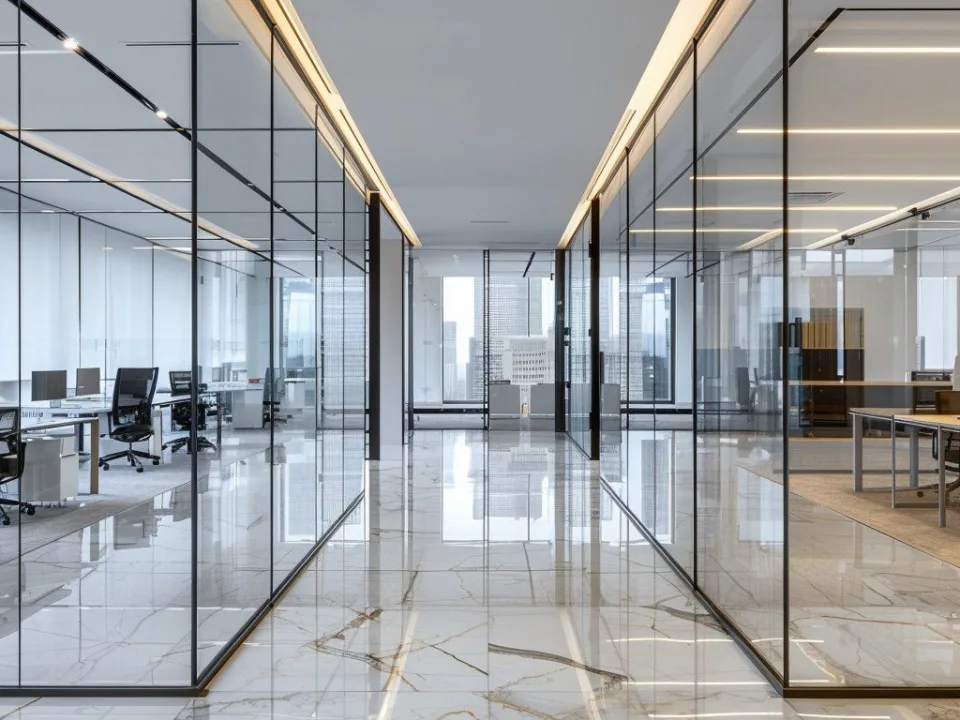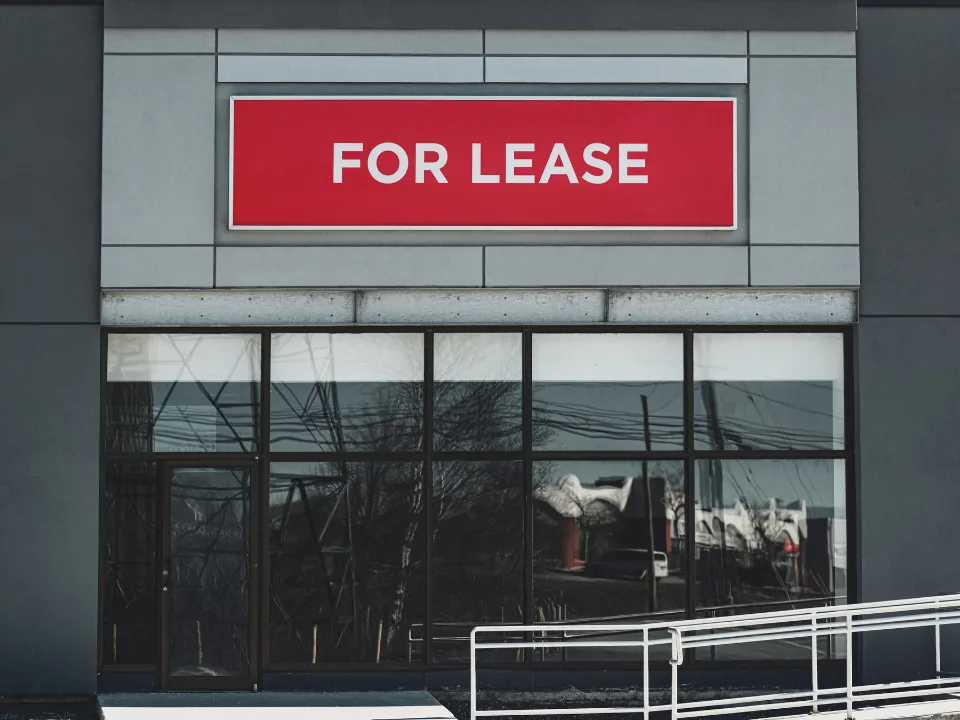- Major tech firms are increasingly buying office buildings rather than leasing, with companies like Apple, LinkedIn, Amazon, and Bet365 closing over $1B in purchases recently.
- Bet365’s $135M purchase of its Denver HQ is one of the city’s largest post-pandemic office deals, part of a broader trend of tenants becoming landlords.
- Owner-occupier deals made up nearly a third of all US office acquisitions in 2024, as corporate buyers take advantage of discounted prices amid institutional retreat.
Big Tech Becomes Big Buyer
According to CoStar, tech companies across the US are making a strategic pivot from leasing to office ownership, marking a notable shift in commercial real estate dynamics. From Silicon Valley to Manhattan, firms like Apple, LinkedIn, Amazon, and fintech player LendingClub are snapping up office properties—often at deep discounts—as they anticipate a return to in-person work and seek more control over their physical footprints.
Apple alone has spent nearly $520M in recent weeks, including a $350M deal for a Sunnyvale campus it previously leased. Amazon followed with a $456M purchase in Midtown Manhattan—its first office buy since 2020—just as it inked a major lease nearby.
Bet365 Places Big Bet in Denver
Online betting giant Bet365 recently made headlines with a $135M purchase of its US headquarters at 1701 Platte St. in Denver. The deal, at over $542 PSF, far exceeds the local average and stands as one of the city’s largest office sales since the pandemic.
The building’s previous owner, San Francisco-based Shorenstein Properties, originally developed the 250,000 SF, five-story office. Bet365’s move from tenant to owner highlights a growing preference among tech firms to capitalize on favorable buying conditions.
Get Smarter about what matters in CRE
Stay ahead of trends in commercial real estate with CRE Daily – the free newsletter delivering everything you need to start your day in just 5-minutes
Why It’s Happening
After years of downsizing and subleasing, many tech companies are consolidating their footprints by buying the buildings they occupy. The motivations are both financial and strategic:
- Control: Ownership gives companies full control over how space is built out and managed, including the integration of workplace tech and amenities.
- Cost Certainty: Buying now, while prices remain soft, can lock in favorable economics over time.
- Flexibility: With limited new construction and rising demand for quality office space, companies want to secure premium locations long-term.
Phil Mobley of CoStar Group notes, “Ownership was starting to become a strategic choice before the pandemic. Now they’re returning to it.”
Distressed Deals Create Openings
Office occupiers accounted for nearly 30% of all US office acquisitions in 2024—three times the historical average—according to Site Selection Group. Though this share dipped slightly in early 2025, experts agree the trend is firmly in place.
With over $2.2 trillion in commercial loans maturing by 2027, and 47% of distressed CRE loans tied to office properties (per Savills), more high-quality assets are expected to come to market at reduced prices. This has created opportunities for well-capitalized occupiers to compete directly with distressed asset investors.
What’s Next
Expect more companies to follow suit, especially in markets like San Francisco, Denver, and New York where institutional activity has slowed. Office ownership, once rare for tech firms, is quickly becoming a preferred path to secure premium locations, tailor workspaces, and hedge against future rent volatility.
And as return-to-office policies solidify, owner-occupier activity may continue to drive a recovery in the office market—just not in the way traditional investors expected.


















